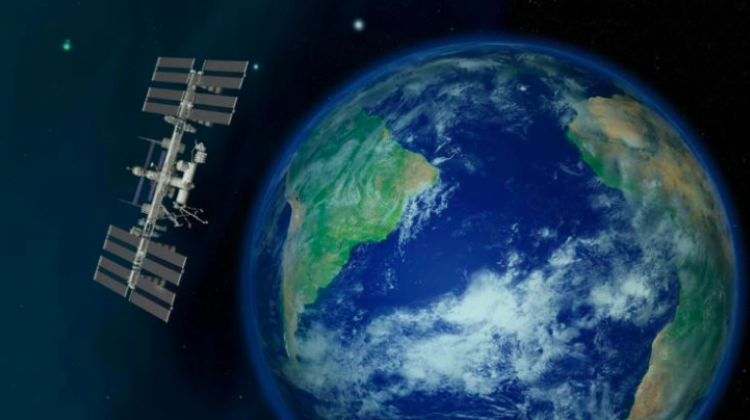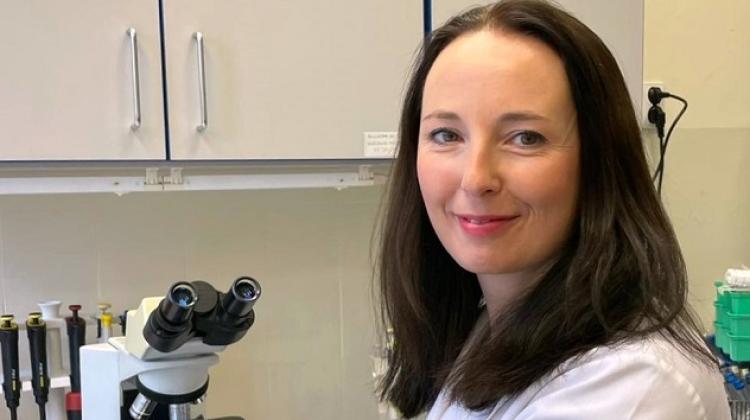Deep Flow wins the first Copernicus Hackathon in Poland
 Photo: Fotolia
Photo: Fotolia
Deep Flow - an innovative satellite image capture software - won the first Copernicus Hackathon in Poland. Copernicus Hackathon is an international event financed by the European Commission, organized in 20 European cities
The best three teams selected in earlier regional competitions in three cities - Lublin, Krakow and Warsaw - pitched their ideas in the Copernicus Hackathon finals, the organizers of the event informed in a release.
Copernicus is the world`s largest Earth observation programme. It provides accurate, up-to-date, presented in an accessible form information on land, waters and atmospheric conditions, climate change, crisis situations, natural disasters and security. Data obtained from the Copernicus constellation satellites are used to prepare spatial development plans and pursue objectives resulting from smart specializations of regions. The program is implemented by the European Commission.
The task of the hackathon participants was to design an application based on data from the Copernicus observation satellites, responding to the issues contained in the Regional Innovation Strategies (European Union program) of individual provinces. In Lublin, the competitors focused on Intelligent Specializations in the Lublin Region, in Kraków on the specializations of Małopolska, and in Warsaw on the specializations of Mazowsze.
The finalists had one week to work on their ideas. The task in the finals was a maximum 3-minute presentation (pitch) of the solution, after which the jury selected the winner. The winning team will have the opportunity to develop the application under the supervision of experts in the 10-month Copernicus Accelerator.
KP Labs from Gliwice (in the first stage the team competed in Kraków) developed the project Deep Flow that allows for in-depth analysis of large satellite images (from Sentinel and Landsat satellites) and thus facilitates the use of data provided by observation satellites in various sectors. Using the advanced machine learning technology, the best Copernicus Hackathon team`s application will prepare data from satellite images and process and correct images.
Anti Bird Strike - a bird migration tracking tool designed by a team from Warsaw is a proposal for the commercialisation of the science project Copernicus EO4wildlife by creating an airspace warning system. In turn, the purpose of the app EO Health System, also created by a team from Warsaw, is to expedite the diagnosis of diseases resulting from environmental factors and support public health risk management.
As part of the main prize, the winning project Deep Flow qualified for the Copernicus Accelerator, which includes 10-month individual sessions with a mentor, team leader`s trip to Bootcamp in Marseille in December, webinars and newsletters and support of a team of experts in starting a business and entering international market.
Copernicus specialists started working with the team on Monday, November 19.
The organizers also provided prizes for the other two awarded projects. The winners of the second place (the Anti Bird Strike project) will be included in the SpaceA BSA acceleration program. The development of the third solution - EO Health System - will be assisted by experts from Astri Polska, Kapitech and the Institute of Geodesy and Cartography during 5-hour business consultations.
According to the release, 40 people participated in the first Copernicus Hackathon in Poland. Both individual participants who formed teams as well as full teams entered the competition. The participants included people from the scientific community (students, employees of research units) and entrepreneurs who are already creating their solutions, for example in start-ups.
The main organizer of the Copernicus Hackathon in Poland is Kapitech, a company with 20 years of experience in consulting and innovation management in the space business sector.
PAP - Science in Poland
agt/ kap/
tr. RL
Przed dodaniem komentarza prosimy o zapoznanie z Regulaminem forum serwisu Nauka w Polsce.














